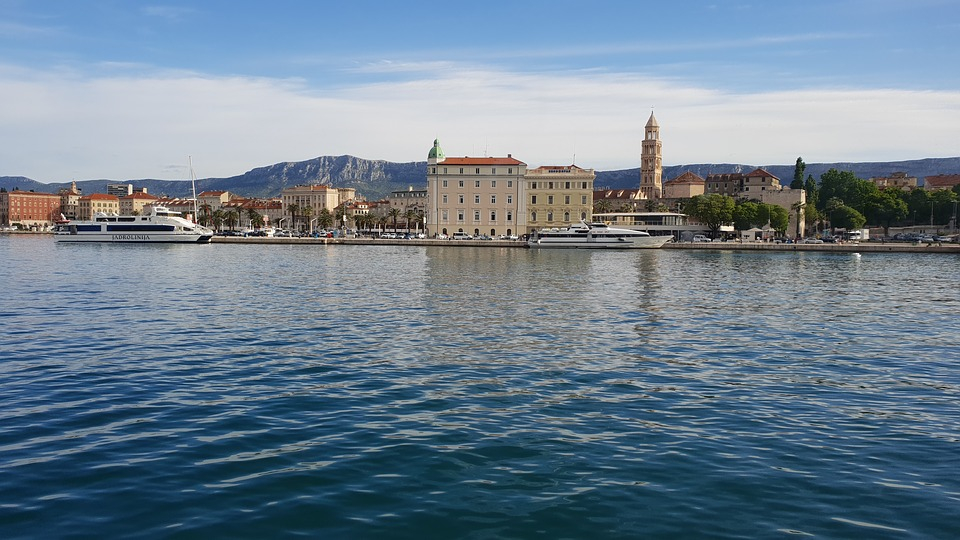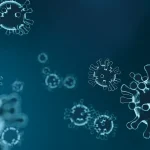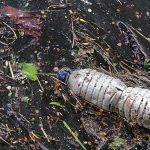As Morski writes, the Republic of Croatia, as a member state of the European Union, is obliged to respect the Marine Strategy Framework Directive (2008/56/EC), which requires effective action in maintaining a good marine environment. Split scientists have stepped forward to do precisely that.
Each EU country, in accordance with the aforementioned directive, is currently developing a programme of measures that should maintain the state of the environment at a quality level and correct what was once poor.
In order for these proposed measures to really have an effect, it was necessary to create a methodology to test their effectiveness. That is why Split scientists from the Institute of Oceanography and Fisheries, in cooperation with their colleagues from Europe, within the MEDCIS and MEDREGION projects, have been working hard for many years. The result of the work has just been published in the prestigious magazine “Marine policy”.
Through this work, European Union-wide executive authorities have multiple new tools at their disposal to develop more meaningful and effective measures to preserve the marine environment. When asked how the Institute’s cooperation with other large institutions in Europe came about, the senior expert associate of the Split Institute, Miso Pavicic, provided an answer:
”The Institute has been working for years on the implementation of the Marine Strategy in cooperation with the competent ministry. IFRS is an EU directive that member states need to implement. The Institute performs the monitoring of the marine environment, the assessment of the state of the environment and participates in the development of programmes of measures.
A consortium of Mediterranean-level partners has been formed and we have applied for a call for projects from the European Commission, DG Environment. First it was the MEDCIS project, then came MEDREGION. These are projects on the implementation of the EU Marine Strategy. This paper published in the magazine “Marine policy” is the result of part of the activities of these two projects,” explained Pavicic.
Who will benefit from all the results of the work of these Split scientists?
”Primarily EU-level decision-makers, as well as all interested experts assessing the progress and potential of individual action programmes at both the national and subregional level. This method can contribute to more coordinated measures between EU member states and as such be more effective in protecting the marine environment,” stated this scientist from the Institute of Oceanography and Fisheries.
The programme of measures is a document of the EU Marine Strategy that member states need to adopt if the state of the environment is bad. In that case, these measures should be applied in order to achieve a good state of the environment.
For more, check out our dedicated lifestyle section.











